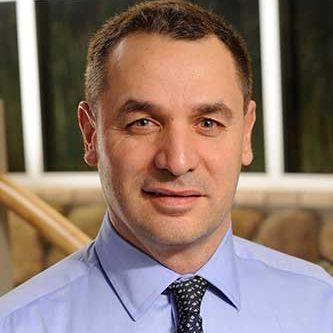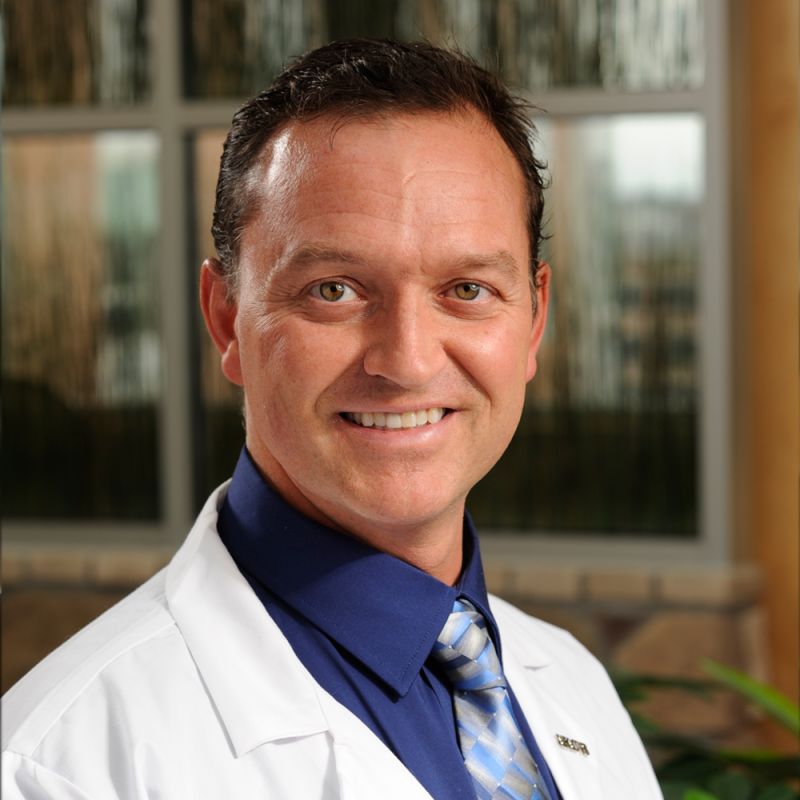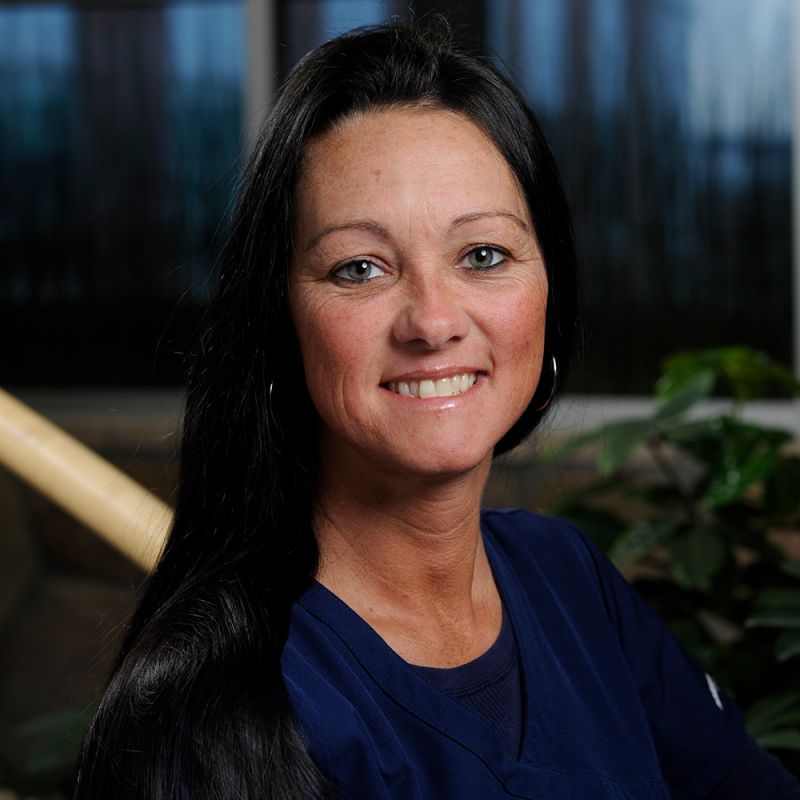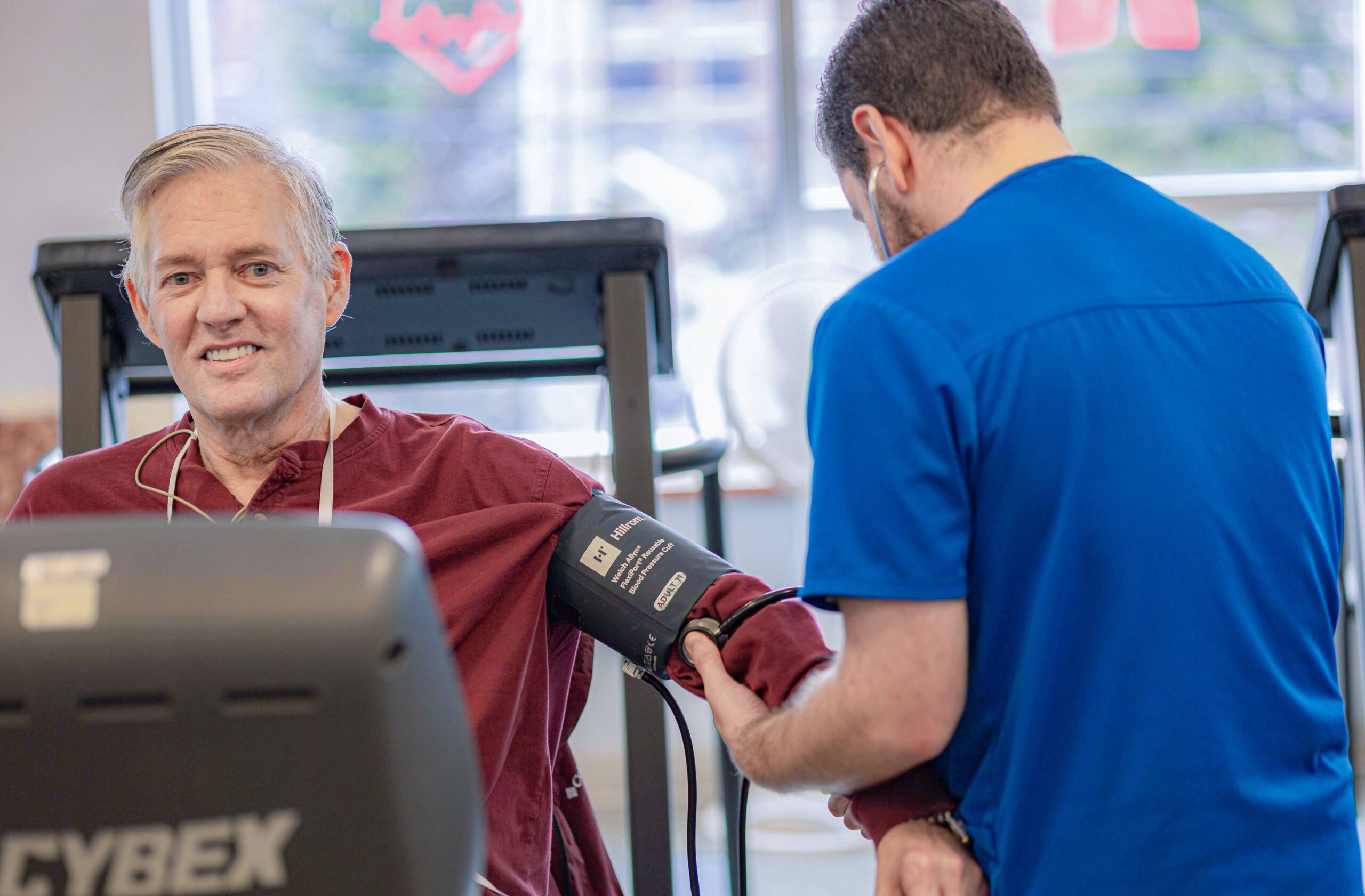Central Maine Medical Center Outpatient Lab
12 High Street – ground floor, Lewiston, ME 04240
(207) 795-5780
Walk In Hours:
— Monday: 6:30 a.m. to 6:00 p.m.
— Tuesday: 6:30 a.m. to 4:30 p.m.
— Wednesday: 6:30 a.m. to 6:00 p.m.
— Thursday: 6:30 a.m. to 4:30 p.m.
— Friday: 6:30 a.m. to 6:00 p.m.
— Saturday: 7:00 a.m. to 12:00 p.m.
— Sundays and major holidays: Closed
In addition to Walk In services, scheduled appointments can be made by calling 207-786-1866.
Bridgton Hospital Outpatient Lab
10 Hospital Dr, Bridgton, ME 04009
(207) 647-6090
Hours:
— Monday to Friday: 6:30 a.m. to 5:00 p.m.
— Saturday: 7:00 a.m. to noon
— Please call for 24-hour emergency testing.
Rumford Hospital Outpatient Lab
420 Franklin Street, Rumford, ME 04276
(207) 369-1000
Hours:
— Monday to Friday: 6:30 a.m. to 5:00 p.m.
— Saturday: 7:00 a.m. to noon
— Sunday: by appointment
— Please call for 24-hour emergency testing.
*Results for most tests are reported to the ordering provider within 24 hours.
Topsham Family Medicine Outpatient Lab
4 Horton Pl # 101, Topsham, ME 04086
(207) 798-6200
Hours:
— Monday to Friday 8:00 a.m. – 3:45 p.m.
— Please call for an appointment.
What to Know About Lab Appointments
- The hospital laboratory is busiest in the morning. If you are not required to fast, consider scheduling later in the day.
- Please register at the outpatient registration desk before coming to the lab and present your lab requisition if you have one.
- Tell the laboratory’s registrant if:
- the provider has sent the requisition
- you are an oncology patient
- you have a recurring standing order, or
- the order was faxed.
- Wear loose-fitting clothing so we can examine your arms for the best draw site.
- We recommend scheduling lab visits for time-sensitive collection and special requirements or requests.
Important Reminders
- We recommend fasting for profiles, glucose and cholesterol/lipid panels unless otherwise specified by your provider. You may drink water.
- Certain tests such as drug levels should be drawn when recommended by the ordering provider to ensure accuracy. We will ask when you had your last dose.


















